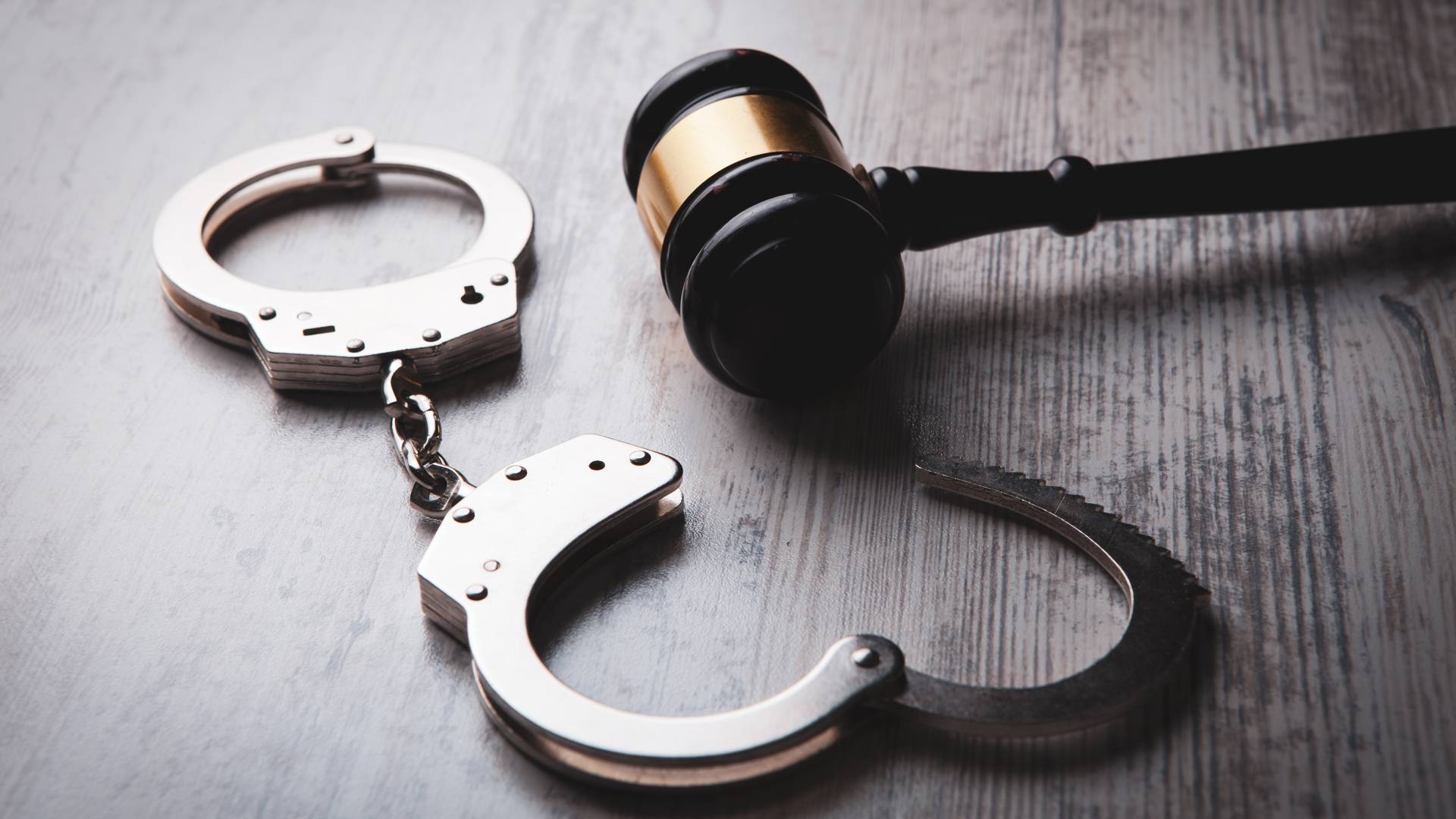Understanding False Domestic Violence Accusations
False accusations of domestic violence can be incredibly stressful and life-changing for those involved. Whether you're navigating the legal system, dealing with emotional impacts, or facing societal judgment, the consequences can feel overwhelming. That's why understanding the complexities of these accusations is so important—not just for those directly involved but for society as a whole. Let's break things down to examine why false accusations happen, the misconceptions around them, and how we can address the issue.
What Are False Domestic Violence Accusations?
Simply put, a false domestic violence accusation is a claim made against someone that doesn’t align with the facts or evidence. Unlike misunderstandings or situations where actions are misinterpreted, false accusations are deliberate attempts to harm another person’s reputation or legal standing.
These accusations are serious. They can lead to criminal charges, restraining orders, and long-term personal and professional damage. It’s important to separate cases rooted in miscommunication from those involving malicious intent. Addressing false claims often requires legal support to clear the accused’s name and set the record straight.
Misconceptions Surrounding Domestic Violence Reports
One popular myth is that every domestic violence accusation is taken at face value without thorough investigation. But the truth is, the legal system operates on the principle of “innocent until proven guilty.” Substantial evidence is required before any legal action is taken.
Another misconception is that false accusations are as common as genuine ones. Research shows false reports are relatively rare. Still, the damage caused by the perception of widespread false accusations can hurt the accused and make it harder for real victims to be heard and supported.
Why False Accusations Happen
Psychological Motivations
Why would someone make a false claim? Sometimes, it’s driven by revenge, anger, or an attempt to manipulate a situation. For example, a contentious breakup or custody battle may escalate into unfounded allegations. Other times, mental health issues like paranoia or delusion may play a role.
When these motivations arise, it’s essential to understand the underlying reasons. Experts, such as mental health professionals and attorneys, can work together to address the emotional and legal dimensions of such cases.
Social Pressures
Social factors matter, too. Sometimes, people make false accusations because of stigma or societal expectations. For instance, some might fabricate a claim to avoid judgment or gain sympathy on social media platforms.
The rise of online “trials by public opinion” only fuels the fire. A single accusation can go viral, forming a public narrative before any facts are confirmed. That’s why promoting evidence-based discussions is so critical.
Legal and Social Challenges
Navigating the Legal System
The legal system has the tough job of balancing the accused’s rights while protecting actual victims. Evidence is key—but gathering it is often easier said than done in domestic violence cases. Add in systemic biases and human error, and the process becomes even more complex.
Educating legal professionals and pushing for unbiased policymaking is essential. The goal? Fair hearings and outcomes for everyone involved.
The Broader Impact
False accusations can ripple out, affecting policies and public opinion about domestic violence. When mistrust grows, it can weaken support systems for actual victims. That’s why lawmakers need to balance protecting real victims with measures to discourage false claims. By doing both, we protect the integrity of the system.
The Damage of False Accusations
Personal Toll on the Accused
For someone falsely accused, the impact can be devastating. Beyond legal consequences, there’s the stigma. It can damage careers, relationships, and mental health. Anxiety, depression, and isolation are common long-term effects.
It’s important for those falsely accused to have access to counseling, legal representation, and a support system to rebuild their lives and reputations.
Ripple Effects on Society
False accusations don’t just harm individuals; they hurt society, too. Publicized false claims can create doubt about all domestic violence cases, making it harder for genuine victims to step forward. Restoring trust in these systems calls for education, empathy, and evidence-based solutions.
Preventing False Accusations
Education and Awareness
Awareness is the first step in tackling false accusations. Public education can clear up misunderstandings and break down the myths surrounding domestic violence reports. Encouraging critical thinking and evidence-based accusations is key to promoting fairness in this sensitive area.
Expanding Support
The right support systems can make all the difference. By providing resources like counseling and legal aid for both accusers and the accused, we can reduce the likelihood of false claims and help victims feel safe coming forward with real concerns.
Take Immediate Action
If you or someone you know has been accused of domestic violence, it’s essential to act quickly to protect your rights and reputation. At Sanford Horowitz Criminal Defense, we stand by your side. With years of experience handling complex legal cases, we’re here to provide the support and representation you need.
Don’t face this alone—call (805) 749-5670 today to take the first step toward justice and restoring your peace of mind.

.2503241748496.jpg)